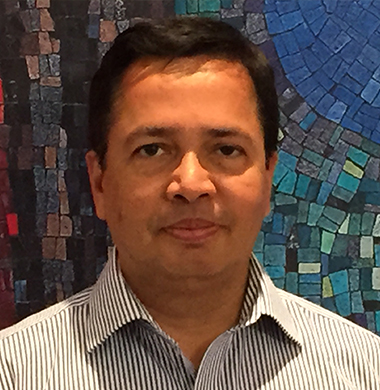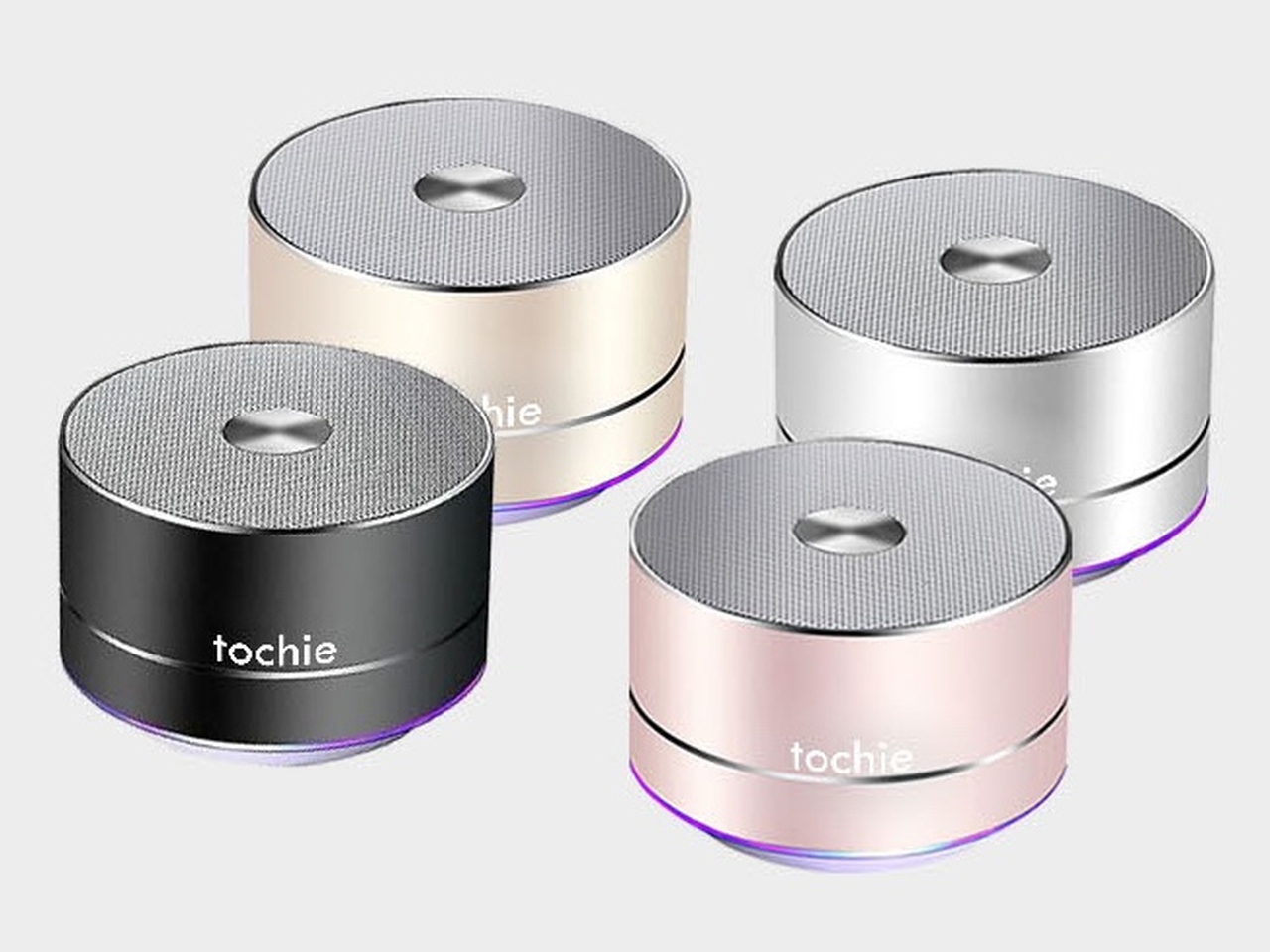Humans are social beings, whether someone has a few close friends or many. Regardless of the breadth of one’s social circle, social interaction is essential to maintain both mental and physical health. During COVID-19, the social norm was upended when quarantines and self-isolation were mandated to prevent the spread of the virus. One of the communities hit hardest by this abrupt interruption of socializing were those living in long-term care.

Dr. Habib Chaudhury, an expert in environmental gerontology who recently joined CHÉOS as a Scientist, highlights, “Many residents are dependent on their relatives for emotional and mental support, and many long-term care homes did not have adequate equipment for supporting communication between residents and their families. Residents had to rely on staff to connect them with their loved ones.”
“Some of the residents in long-term care had completely lost contact with their loved ones,” says CHÉOS Research Associate Dr. Lillian Hung, whose research focuses on innovating the care of those living in long-term care. “COVID-19 really honed in on the priorities,” says Dr. Hung. “People start to realize that the human connection is so important and so much can be done through technology to support that.”
Using Technology to Connect People

Earlier this year, Dr. Hung launched a project using robots to simplify video-calling for care home residents and their families. Although this may sound high-tech, study participants have been very enthusiastic about the new technology.
Another new project for Dr. Hung’s team is a collaboration with Tochtech Technologies, based in Richmond, BC. The company asked Dr. Hung to evaluate the feasibility of using Tochie, a smart audio device, to improve the care of those living in long-term care.
“Feasibility testing before a product is used in a real clinical situation is important to see if the product works or not,” explains Dr. Hung. “If it does not work, why didn’t it work? And what are some of the areas that can be tweaked using feedback from users? It is important for tech companies to move away from a linear process. They should be going to the user to find out what worked and what didn’t work. This can make the impact of the product more relevant and useful.”

Tochie records messages for residents from family members and friends. Then residents can play the messages back. The device eliminates language barriers. Messages can be played at specific times, regardless of when they were recorded. A few practical uses include reminders for residents during daily activities, such as taking medication or upcoming appointments, or they can participate in a gathering or event they might not be able to physically attend.
Improving the Accessibility of Technology
“Think about the interface of technology, which is usually designed for cognitively higher-functioning individuals. These need to be adapted for people with cognitive issues,” emphasizes Dr. Chaudhury. “We need to do a better job of engaging with individuals living with dementia to learn more about the challenges of using the technology independently. Then we need to find ways to modify the software so they can use it too.”
Dr. Chaudhury adds, “After COVID, it has become apparent that the virtual platforms can be perceived as cognitively more intuitive, although some long-term care residents, especially those living with various stages of dementia, may not be able to initiate or use such platforms comfortably.”
Preparing Long-Term Care for the Future
COVID-19 has highlighted an important gap for long-term care residents: connecting with their loved ones when they can’t be together in person. More ways to enable meaningful communications is beneficial for everyone involved. As our population ages, including these technologies could be vital for mental and physical health. Dr. Hung comments, “Are we going to choose facilities that will provide care to support us? Do we want tech to enable better care? Would we even choose to live somewhere that doesn’t have dependable, fast WiFi?”
For more information on Tochie and other projects from the Innovation in DEmentia & Aging (IDEA) Lab at UBC led by Dr. Lillian Hung click here.



